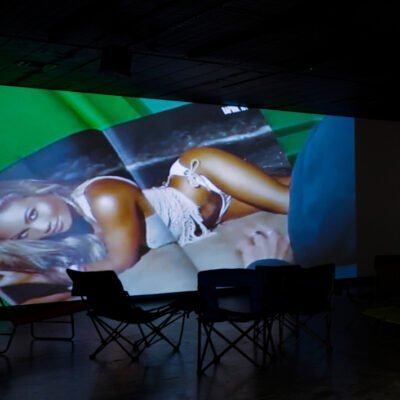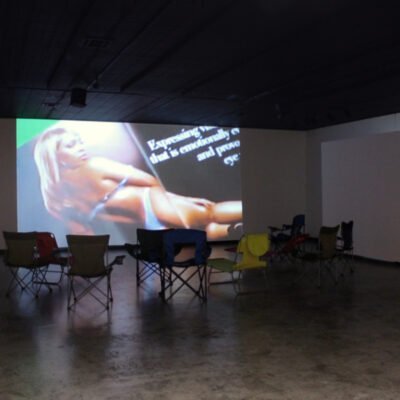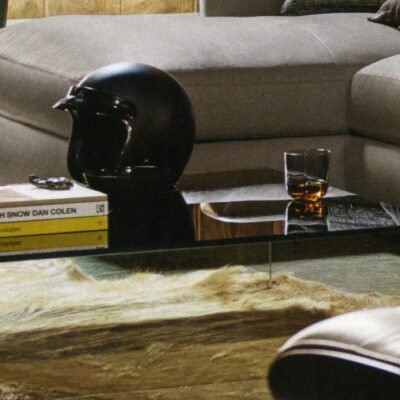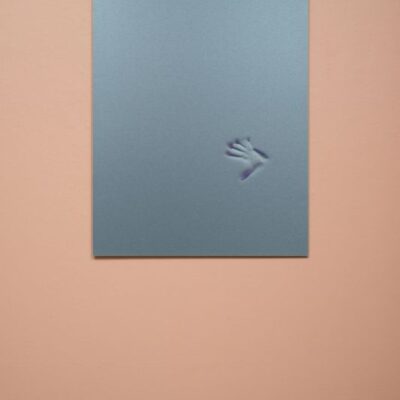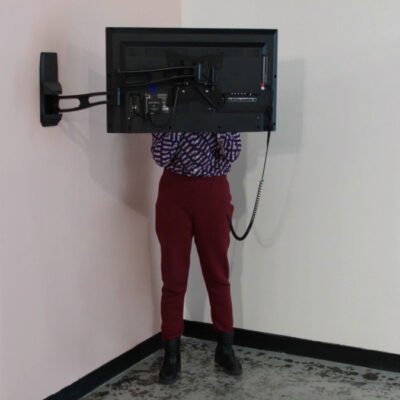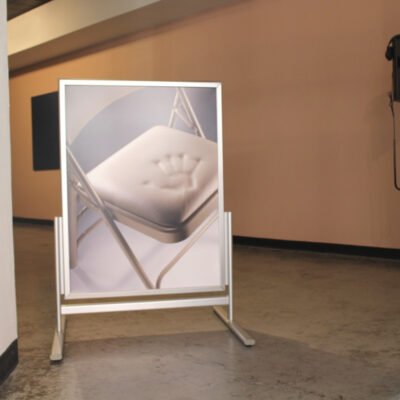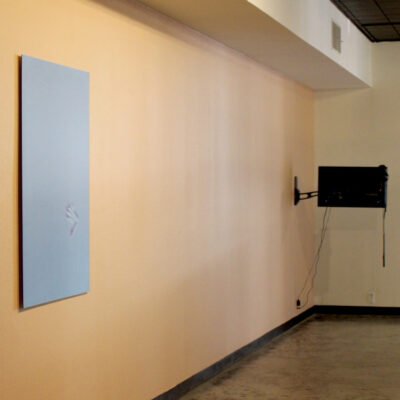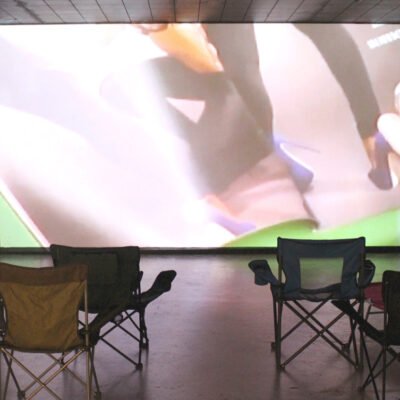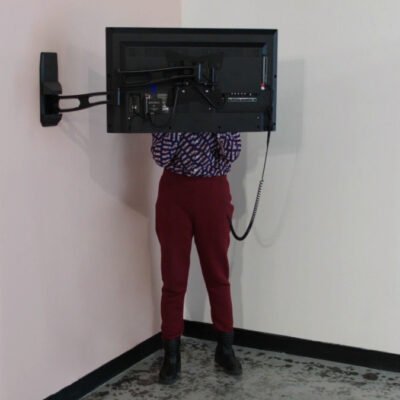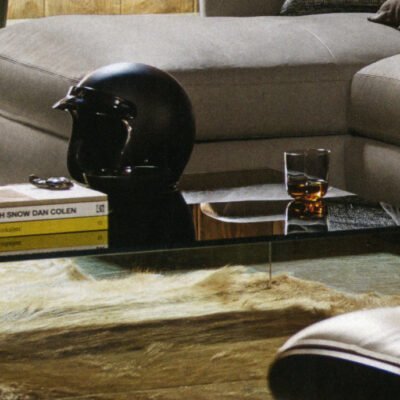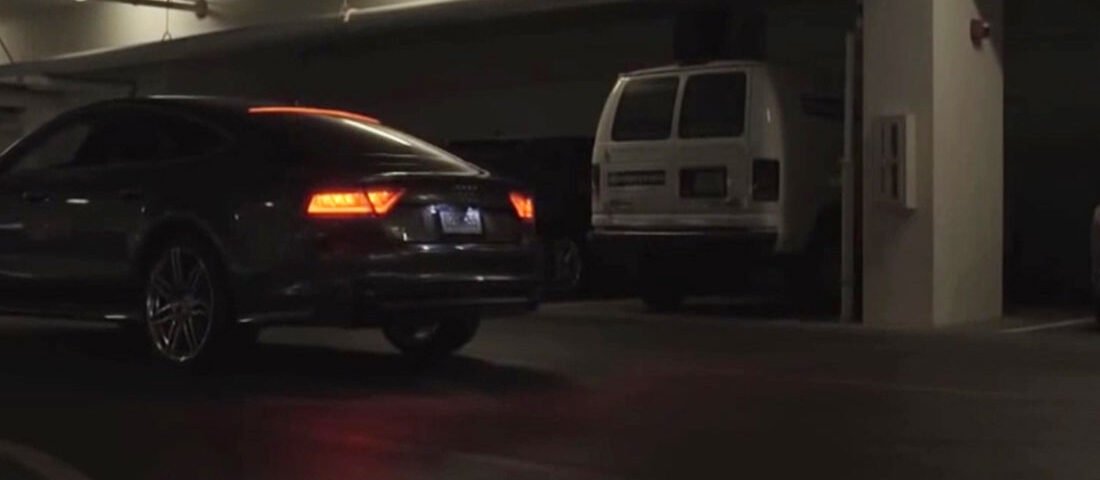

Liz Rodda
Liz Rodda’s work involves investing found materials, primarily video, with meanings unintended by the original maker. This process begins with a broad search online and in the physical world. After developing an archive of material to work with, her role shifts from a collector to a curator of sorts. The disparate materials she collects are then paired, manipulated, and reframed to enable new interpretations.
The videos in Heat Loss use voice-over as a strategy to reframe the images presented on screen. Also known as off-camera, voice-overs are often used in TV, film, and radio as a device to deliver information or to narrate a story. In Rodda’s work, the voices she finds play with and against the moving images that accompany them. Manipulated and reduced in speed, the disembodied voices alternate between interpretive texts and anonymous monologues.
Thematically, the works engage with topics that are as diverse and fragmented as YouTube, the primary source of the footage. Topics range from troubling issues around the politics of representation, to the Internet as a place that paradoxically promises access to so much and so little at the same time.
As a whole, Heat Loss re-introduces the complex nature of remaking images and the instability of their meaning. In Recycled Images William Wees writes, “Whatever the filmmaker may do to them – including nothing more than reproduce them exactly as he or she found them recycled images call attention to themselves as images.” In essence, reusing footage sets up a double meaning. The footage evokes the motives of the original maker as well as that of the new one.
Liz Rodda is an interdisciplinary artist living and working in Austin, Texas. Her work has been presented in at institutions such as the Anthology Film Archives, New York, NY; Vox Populi, Philadelphia, PA; Blue Star Contemporary, San Antonio, TX; and the Museum of Contemporary Art, Miami, FL. This fall she was a Paul Brach Visiting Artist Lecturer at CalArts. She is an Associate Professor at Texas State University where she heads the Expanded Media area.
This exhibition contains adult content that may be inappropriate for children.
_____________________________________________________________________________
El trabajo de Liz Rodda implica invertir materiales encontrados, principalmente vídeos, con significados no deseados por el creador original. Este proceso comienza con una búsqueda amplia en línea y en el mundo físico. Después de desarrollar un archivo de material con el que trabajar, su papel pasa de ser coleccionista a una especie de curadora. Los materiales dispares que recopila se combinan, manipulan y reformulan para permitir nuevas interpretaciones.
Los videos de Pérdida de Calor (Heat Loss) utilizan la voz en off como estrategia para reencuadrar las imágenes presentadas en pantalla. También conocidas como fuera de cámara, las locuciones se utilizan a menudo en televisión, cine y radio como un dispositivo para entregar información o narrar una historia. En el trabajo de Rodda, las voces que encuentra juegan con y en contra de las imágenes en movimiento que las acompañan. Manipuladas y reducidas en velocidad, las voces incorpóreas alternan entre textos interpretativos y monólogos anónimos.
Temáticamente, las obras abordan temas tan diversos y fragmentados como YouTube, la fuente principal del metraje. Los temas van desde cuestiones inquietantes en torno a las políticas de representación hasta Internet como un lugar que, paradójicamente, promete acceso a tanto y tan poco al mismo tiempo.
En su conjunto, Pérdida de Calor reintroduce la naturaleza compleja de rehacer imágenes y la inestabilidad de su significado. En Recycled Images, William Wees escribe: “Independientemente de lo que el cineasta pueda hacerles – incluido nada más que reproducirlas exactamente como las encontró, las imágenes recicladas llaman la atención sobre sí mismas como imágenes”. En esencia, reutilizar imágenes genera un doble significado. El metraje evoca tanto los motivos del creador original como los del nuevo.
Liz Rodda es una artista interdisciplinaria que vive y trabaja en Austin, Texas. Su trabajo ha sido presentado en instituciones como Anthology Film Archives, Nueva York, NY; Vox Populi, Filadelfia, PA; Blue Star Contemporáneo, San Antonio, TX; y el Museo de Arte Contemporáneo, Miami, FL. Este otoño fue profesora artista invitada Paul Brach en CalArts. Es profesora asociada en la Universidad Estatal de Texas, donde dirige el área de Medios Expandidos.
